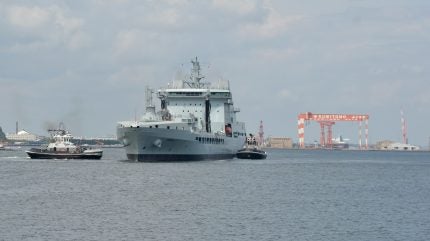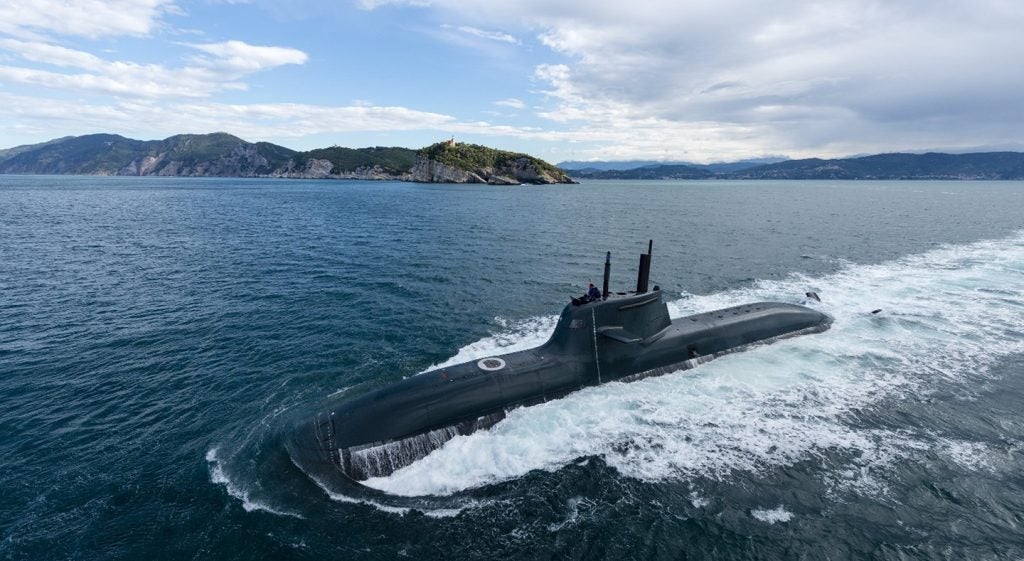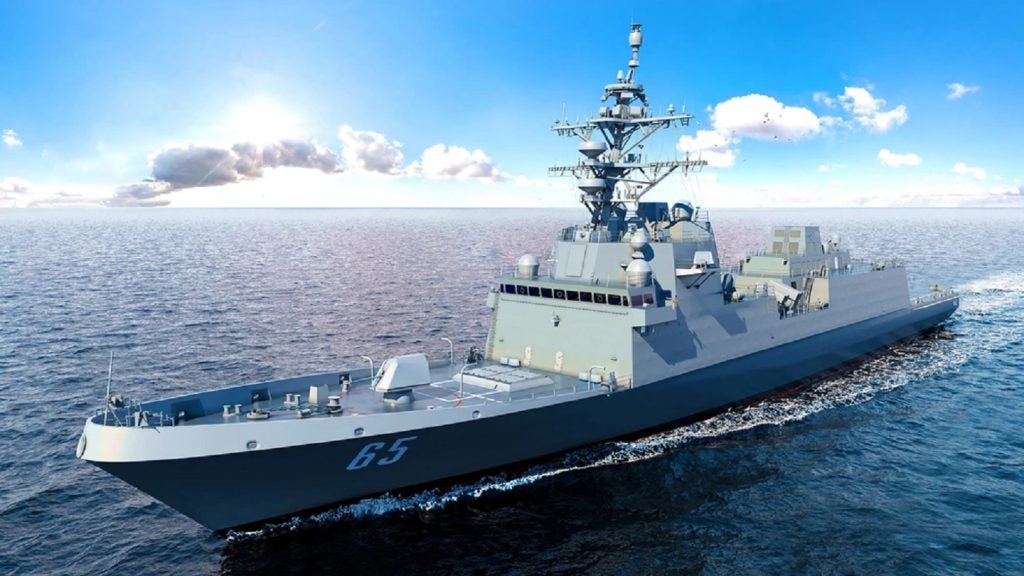
After less than six years of active service, RFA Tiderace, one of the Royal Fleet Auxiliary’s (RFA) Tide-class fleet tankers, appears to have headed into long-term layup amid ongoing troubles for a service struggling with recruitment and ongoing strike action.
The procession of another UK naval asset heading for a prolonged period out of the operational pool, or potential placed into extended readiness, has become a familiar sight for naval observers, as the active or available fleets of the Royal Navy and RFA further diminish.
Commissioned into service in August 2018, RFA Tiderace is a 37,000-tonne fleet tanker used to support Royal Navy operations around the world. RFA Tiderace is the second of the four-ship Tide-class tankers, the others being RFA Tidesurge, RFA Tideforce, and RFA Tidespring.
All the vessels were manufactured by DSME in South Korea in the mid-2010s before being outfitted with naval-specific equipment in the UK, ahead of entry into service.
In April 2024, UK Defence Procurement Minister James Cartlidge stated that RFA Tiderace, was currently “alongside for a period” and would be regenerated “as needed” depending on operational requirements.
The apparent placing into extended readiness of RFA Tiderace was noted by UK naval OSINT watcher Navylookout, who noted the movement of the vessel on the X social media platform.
How well do you really know your competitors?
Access the most comprehensive Company Profiles on the market, powered by GlobalData. Save hours of research. Gain competitive edge.

Thank you!
Your download email will arrive shortly
Not ready to buy yet? Download a free sample
We are confident about the unique quality of our Company Profiles. However, we want you to make the most beneficial decision for your business, so we offer a free sample that you can download by submitting the below form
By GlobalDataWith the vessel unavailable for operations, certainly in the short term, just two Tide-class tankers can be tasked, with a third recently moving out of drydock in Cammell Laird following a period of work before returning the fleet.
When contacted, a Royal Navy spokesperson said: “Royal Navy and Royal Fleet Auxiliary ships are adjusted to reflect operational requirements. RFA Tiderace stands ready to be deployed, should there be an operational requirement.”
The most recent social media posts by the official account of RFA Tiderace date back to December 2022 as it undertook duties as a Flag Officer Sea Training (FOST) tanker.
The vessel could be worked up again in 2025 as the UK Royal Navy embarks on its periodic deployment of a Queen Elizabeth-class carrier strike group deployment into the Asia-Pacific region, although it is by no means certain.
Also languishing in extended readiness are two other tankers of the Wave class – RFA Wave Ruler and RFA Wave Knight – since 2017 and 2022 respectively. Vessels placed in extended readiness are de-crewed, with personnel redistributed elsewhere into the fleet.
RFA struggling with strikes and crewing
As a civilian-crewed organisation, RFA personnel are able to undertake strike actions, with members of the RMT union most recently striking on 25 June 2024, following on from recent action on 19 May.
The RFA has seen the number of personnel reduce steadily, with a total of 1,046 officers and ratings in the entire force as of 1 January 2024. Every year since 2017 has seen a reduction in numbers, with the 2010 highpoint of 1,502 personnel in the service a distant memory.
Both the UK Royal Navy and RFA have vessels placed in extended readiness, with the services seeing a reduction in hulls numbers in recent years, despite government claims of the UK entering a ‘Golden Age of Shipbuilding’.







